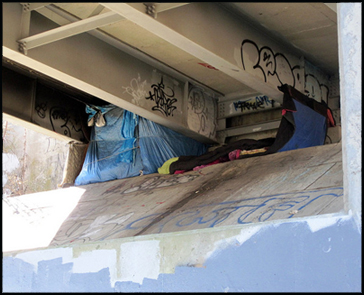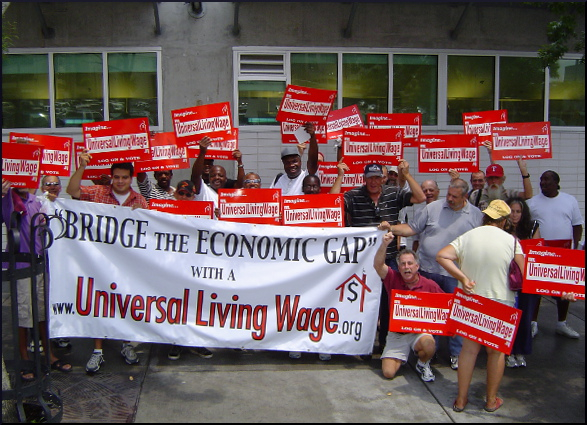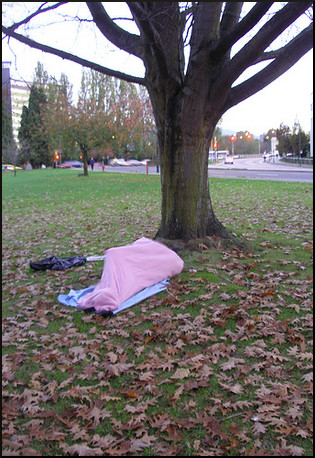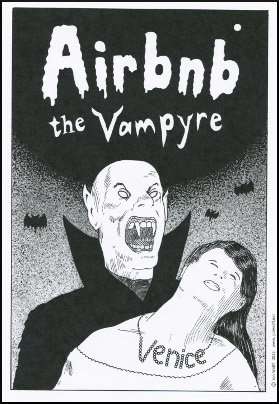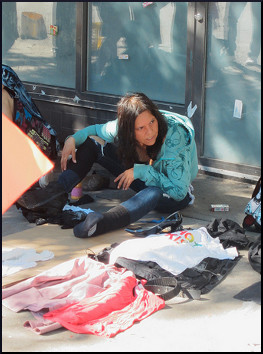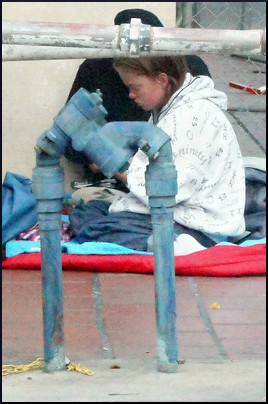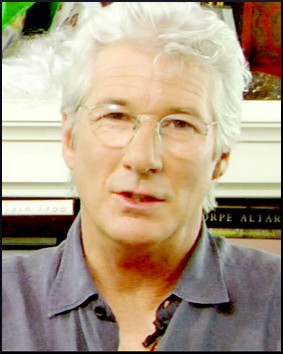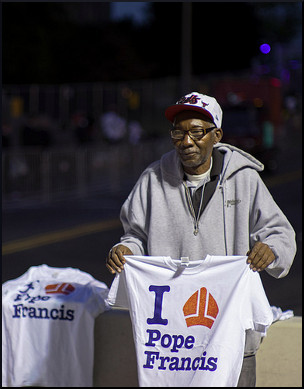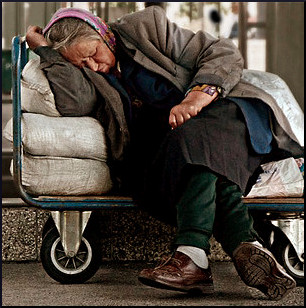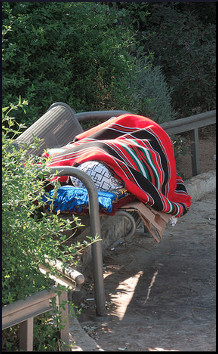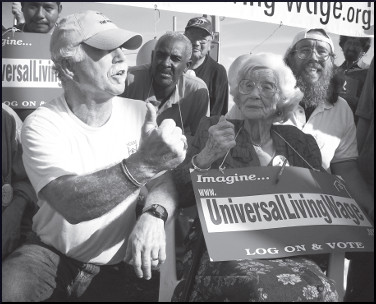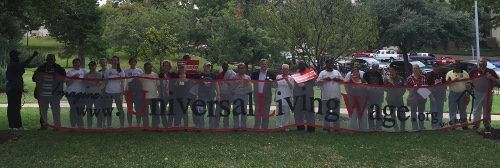
Back in August, Austin mayor Steve Adler announced an ambitious plan to end veteran homelessness in the city by tomorrow (Veterans Day 2015). The first thing to understand is that finding viable permanent housing for all people in that situation would be impossible. Mostly, the goal here is temporary housing for all. A first step, but by no means a final one.
Donations For Homeless Housing
Before long, the news came out: “Austin Board of REALTORS® donates $15,000 to house Austin’s homeless veterans.” But an attentive reading of the press release discloses that it was actually the National Association of REALTORS® who made the generous grant. What the local Austin Board of REALTORS® Foundation did was donate $5,000 to a fund for such expenses as housing repairs (though it does seem that should be the landlord’s responsibility anyway). The literature says:
The Housing Our Heroes Initiative is part of the national Mayor’s Challenge to End Veteran Homelessness. Austin’s effort involves a coalition of Austin landlords, business leaders and service providers, who are working together to provide stable housing, extensive support services and temporary financial assistance to Austin’s homeless veterans.
It was announced that “seven leases have been executed on REALTOR®-managed properties to date, and additional units have been committed to this purpose.” Although every bit of help is appreciated, seven units doesn’t make much of a dent in the number of homeless vets.
Journalist Kayla Stewart questioned the director of ECHO (Ending Community Homelessness Coalition) who made some cogent points. For one thing, between January and August, the number of homeless veterans in Austin appears to have doubled to around 500. Stewart says:
While about half are housed, property owners tend to be reluctant to rent to veterans.
The reluctance to rent to veterans is saddening. In the past, Texas has been perceived as holding military veterans in high esteem. Maybe the state has changed a lot, or maybe it’s just that Austin is its own place. Maybe it’s simply that a saturation point has been reached.
By ECHO’s count, the percentage of Austin homeless people who are veterans is higher than the national average—around 20%. They add:
Veterans are not only more likely to become homeless, but are also more likely to stay on the streets longer than the average homeless person. And within that group, yet another group is overrepresented: almost 50% of homeless Iraq and Afghanistan war veterans are African-American.
These facts are found in a substantial and impressive Austin Chronicle piece by Kahron Spearman that recapitulates a ton of important backstory and enumerates in exhaustive detail the obstacles faced by many veterans. Another factor in the crisis is that the housing program “ceiling” is $800 per month, which presumably means a landlord cannot ask more. Still, that seems like an awful lot for a single person.
Obstacles to Housing Veterans
But Megan Podowski of Caritas explains: the city’s rental units are 98% occupied, and landlords are in a position to demand that prospective tenants present impeccable credentials. Many veterans, especially those who struggle with personal demons and service-inflicted disabilities, have gaps in their residence histories and may have been late with their rent on occasion. And indeed, Spearman goes on to say:
The majority of homeless veterans are male, suffer from mental illness or recurring disorders, [and] abuse drugs and/or alcohol.
What so many folks really need is supportive housing, with full-bore and hard-core Housing First philosophy behind it. But Austin is doing the best it can with the resources at hand. Also quoted is Tu Giang of Front Steps:
We take veterans based on a vulnerability scale…Once we complete intake, that individual gets with a case manager [and is assessed for current needs]. We’ve really ramped up our resources, with a lot of aggressive and concerted outreach.
As such projects will do, this one ran into problems. As of mid-October, 100 housing units were still being sought, and the goal date was moved to December 31, 2015. Mayor Adler’s three-pronged call to action includes his request to spread the word via social media. At the Housing Heroes website (which still publicizes the old deadline) a person can house a veteran, donate, sign up for the email newsletter, and write to a member of the mayor’s staff.
Finding the Homeless
Other parts of the overall plan continue uninterrupted. On October 16, representing Legal Aid for the Homeless and House the Homeless, Richard R. Troxell participated in a two-hour training session, led by the mayor’s aide Earl Jones. The following day, the various teams spent three morning hours in outreach to veterans experiencing homelessness. Richard says:
As we located homeless folks, we offered Veterans information about Coordinated Assessment and offered them a Pathway out of homelessness. We also offered immediate shelter and a reserved shelter bed at Austin’s Resource Center for the Homeless, ARCH. For uninterested veterans, but those in desperate need, we offered 45 days of transitional housing in a local motel when we would provide other service like health care, supportive housing, Legal Aid, etc.
The volunteers also distributed Plastic Resource Pocket Guides from House the Homeless. Overall, it was a successful outreach effort. Much more information is available from ECHO, a recommended destination for those who want more details and especially for those who want to help. December 31 is approaching fast.
Reactions?
Source: “Austin Board of REALTORS® donates $15,000 to house Austin’s homeless veterans,” NewsRadioKLBJ.com, 09/16/15
Source: “Mayor’s Plans to End Veteran Homelessness Halted,” patch.com, 10/12/15
Source: “Collateral Damage,” AustinChronicle.com, 07/17/15
Image by Sly Majid, Office of the Mayor

